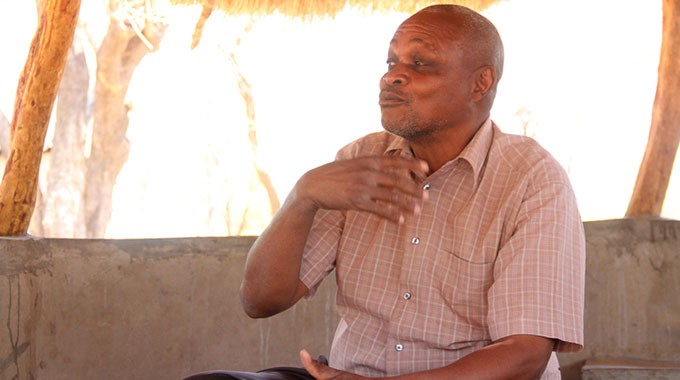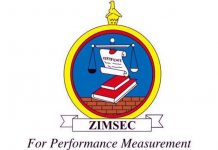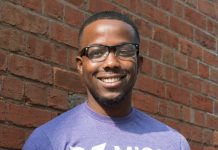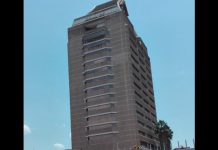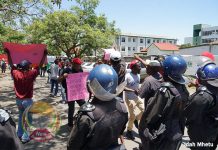AT the tender age of 17, Joel Mutandi abandoned his O-Level studies at Hartzell High School to join the liberation struggle. But as fate would have it, he ran away from school at about the same time Herbert Chitepo was assassinated, which meant his volunteered journey to Mozambique would not be rosy. In this conversation with Garikai Mazara, the first instalment of his journey to liberate the country, Cde Joze, his nom de guerre, narrates how he crossed into Mozambique.
******
Q: When exactly did you leave the country for Mozambique?
A: It was 1975 when we left Hartzell, and I was doing my O-Levels. There was a lot of political consciousness at the school, in part due to Bishop Abel Muzorewa.
During those days when he was a restrictee, he would come to our school, which was a United Methodist school, to preach. And he laced some of his sermons with political lessons.
The other motivation came from my mother’s brother, who was a runner for the late Cde Maurice Nyagumbo. My uncle used to be in and out of prison because of his political involvement.
Q: How did you handle the pressure, weren’t you afraid that you were leaving school and going into the unknown?
A: We thought it was not very hard to fight the white man because there was the African Times, which featured the exploits of Cde Mawrong-wrong and Cde Vhuu and the stories were inspiring. Like “Mawrong-wrong has killed so many white men alone”, that made joining the liberation struggle seem like a walk in the park. I remember Mike Nyambuya was in Sixth Form and I was in my Fourth Form and we left school at about the same time.
We only heard on the news after we had left that about 32 students had left school, we didn’t know we were that many because we would leave as small groups to avoid detection. We were four in our group when we left.
Our first hurdle was when we got to Burma Valley and we were told we could not proceed into Mozambique because a signal had been sent that no more Zimbabweans were to be allowed in as there were still clouds hanging over Herbert Chitepo’s death. We begged to be allowed in since we could not go back to school as we would be sent to prison, but the Frelimo guys were adamant.
We decided to go back to our respective rural homes. I didn’t have bus fare to take me home to Rusape so I had to use my jacket as surety. When I got home, my sister who was manning our family store immediately hid me under the counter, and asked me what had happened. I had to lie that we had been taken by Frelimo forces.
She said Rhodesian security forces had been home looking for me. Later on, it was decided that it was not safe for me to stay there and I was sent to my uncle’s home, the Nyagumbo runner, where, again, the security services had been.
I spent three days living in the granary (dura) until we realised I could not keep on living like that. He advised me, since I still harboured intentions of crossing into Mozambique, to go to Honde Valley, where an aunt stayed.
There, she said it was an easy task to get me across as she was the one who used to take comrades across the border.
But it turned out the same signal that had turned us back at Burma Valley had also been delivered to Honde Valley. So I became a store-keeper in my aunt’s store, serving Rhodesian soldiers who would come from Ruda.
I would just smile at them, but deep down I knew I wanted to cross and come back to annihilate them.
Q: How was the situation in the area, security-wise? Was it safer or better to be there than back home?
A: There were constant engagements between the Rhodesian security forces and guerrillas. So my aunt decided that I cross over into Mozambique where she introduced me to an acquaintance called Njuga and he had my identity changed to Joel Njuga.
I then joined the Frelimo army where I met Elias Chibaya, a former schoolmate at Hartzell. How he had joined Frelimo, he didn’t say but he said he would help me to join the trek further in.
One day he just came and said let us go to Chimoio. Since he was a senior guy in the army, he said he had an assignment for me.
He left me at some place in Chimoio, which was known as an arrival terminal for Zanla recruits. For sure, we were taken from there to Zhunda base.
Soon after, Robert Mugabe and Edgar Tekere came to Zhunda after they had passed through Catandica. Later on, a group of six came from the University of Zimbabwe.
This group comprised Chris Mutsvangwa, Sobusa Gula-Ndebele, Zororo Duri and Justin Mupamhanga — these are the ones who I still remember. Their arrival was announced because they had left the University of Rhodesia, probably to show how oppressive the system was back home as well as to show us that there were some who were prepared to leave their university studies to liberate the country.
The numbers kept swelling, from the 50 when we arrived to over 2 000 and the base could not keep that number of people.
Q: Is this the same base that was later attacked as Chimoio, the famous Chimoio attack?
A: No, this was different. Zhunda was something else. As the numbers kept swelling, we were relocated to Nyadzonia.
I am not sure where the likes of Cdes Mugabe and Tekere went after Zhunda because we did not travel with them to Nyadzonia. At Nyadzonia the numbers kept swelling again. That is when the problems started. The numbers got to 6 000 at one time.

